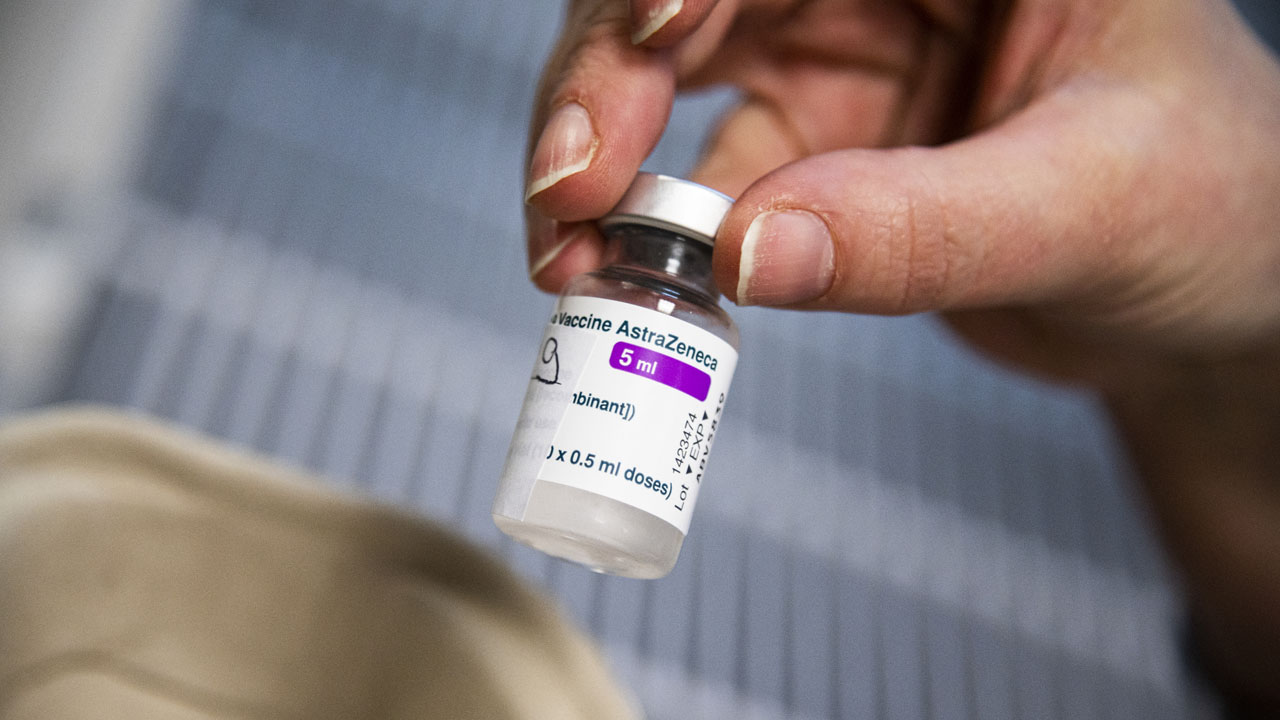
47 of 54 nations risk missing goal by September
To meet the target of vaccinating 10 per cent of its population by September, Africa needs 225 million more COVID-19 jabs, the World Health Organisation (WHO) has disclosed.
A statement by WHO African Region, yesterday, warned that with the rising cases for the third week running and paucity of vaccines, 47 of the continent’s 54 countries – nearly 90 per cent – risked missing the goal.
Acknowledging that new targets were announced during the recently held World Health Assembly meetings, the global agency submitted that only seven African nations were on the verge of meeting the target.
WHO said, as Africa inches closer to five million infections, the figures rose week-on-week, increasing nearly by 20 per cent to over 88,000 in the week ended June 6.
According to the statement, the pandemic is trending upwards in 10 African countries, with four nations recording a spike in new cases of over 30 per cent in the past seven days.
Seventy-two per cent of the fresh cases were reported in Egypt, South Africa, Tunisia, Uganda and Zambia, as over half of the tally was posted in nine southern African nations.
WHO Regional Director for Africa, Dr. Matshidiso Moeti, said: “As we close in on five million cases and a third wave in Africa looms, many of our most vulnerable people remain dangerously exposed to COVID-19. Vaccines have been proven to prevent cases and deaths. So, countries that can, must urgently share the jabs. It is a do or die on dose-sharing for Africa.”
Analysis showed that at 32 million doses, Africa accounts for under one per cent of the over 2.1 billion jabs administered globally and just two per cent of the continent’s nearly 1.3 billion people have received a dose and only 9.4 million Africans are fully vaccinated.
Moeti, however, said United States President Joe Biden’s planned announcement that the American nation would purchase and donate half a billion Pfizer vaccines to 92 low- and middle-income countries and the African Union (AU) was heartwarming.
“This comes, as we see other countries such as France also making tangible deliveries via COVAX. The tide is starting to turn,”
she added. We are now seeing wealthy nations beginning to turn promises into action,” she added.
The organisation observed that while more vaccines were important, it advised those African nations lagging behind to ramp up action for swift rollout of their supplies.
While 14 of them have used from 80 to 100 per cent of the doses they received through the COVAX facility, 20 countries have administered less than 50 per cent. Twelve countries have more than 10 per cent of their AstraZeneca doses at risk of expiring by the end of August.
Moeti continued: “We need to ensure that the vaccines that we have are not wasted because every dose is precious. Countries that are lagging behind in their rollout need to step up vaccination efforts.”
Several African countries, including Cote d’Ivoire and Niger, are witnessing more successes by adjusting their vaccine rollout strategies.
Where possible, WHO recommended spreading vaccinations beyond large cities into rural areas, as well as prioritising doses nearing expiration besides tackling logistical and financial hurdles and working to boost demand for vaccines.
Meanwhile, attitude towards vaccines and acceptance varies across countries and communities.
According to the Risk Communication Community Engagement Collective, a joint WHO, United Nations Children’s Fund (UNICEF) and International Federation of the Red Cross and Red Crescent Societies (IFRC) initiative, confidence in the doses in Africa ranged from 38 per cent in Cameroun to 86 per cent in Guinea. On the average, West and Central Africa has the lowest vaccine confidence at around 60 per cent.



